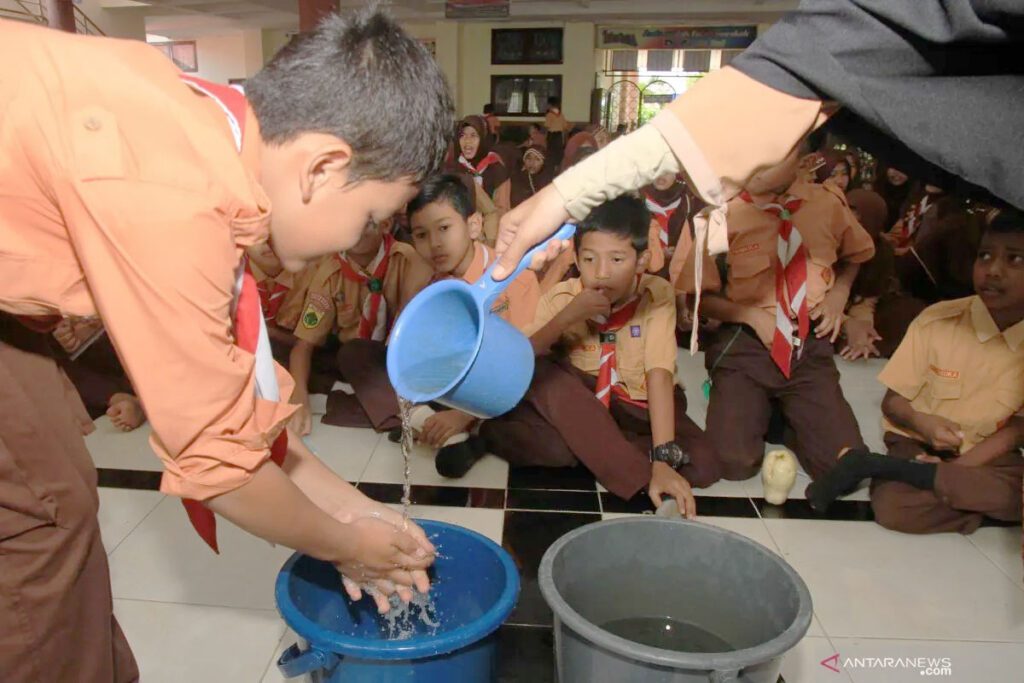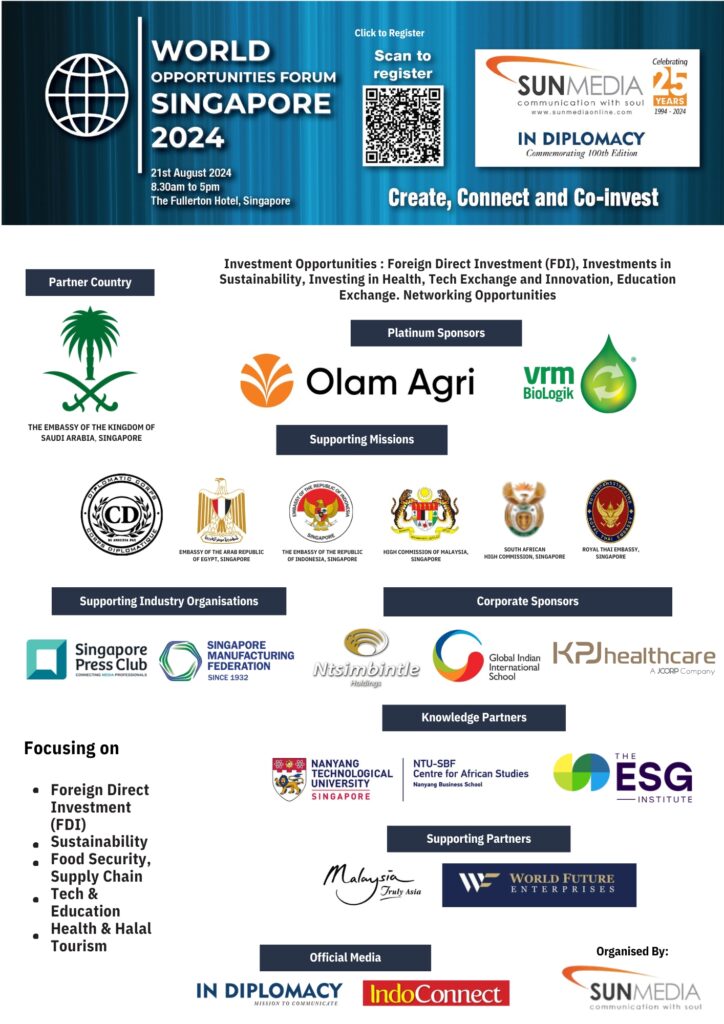The Ministry of Education, Culture, Research, and Technology introduced the Healthy School Movement that emphasises a holistic approach in improving student health

(File photo from ANTARA FOTO/Syifa Yulinnas/wsj)
DURING the launch of the 2024–2030 School Health Road Map in Jakarta on 26 February 2024, Bapak Iwan Syahril, Director General of Early Childhood, Elementary, and Secondary Education at the Ministry of Education, Culture, Research, and Technology, emphasised the importance of schools’ participation in the Healthy School Movement (GGS) to enhance students’ overall health.
The GGS initiative focuses on five key aspects of student health: nutrition, immunisation, physical health, mental health, and environmental health, aiming to address the diverse health needs of students across educational institutions.
To promote environmental health, the ministry is urging all stakeholders within the educational ecosystem to facilitate a transition towards cleaner and healthier lifestyles. This includes advocating for regular hand washing with soap, ensuring the availability of adequate toilets and clean running water in schools, and promoting waste segregation practices.
Moreover, educational institutions are encouraged to incorporate menstrual health and hygiene management education to ensure female students’ comfort and participation in school activities without hindrance.
Highlighting the significance of the ministry’s directives, Bapak Syahril referenced global research findings indicating the profound impact of adequate sanitation in schools on various aspects, including health, education, gender equality, and economic indicators.
He emphasised that simple health practices, such as regular hand washing with soap, can significantly reduce the incidence of diseases like diarrhoea by up to 47 percent, consequently contributing to a healthier learning environment and reducing student absenteeism by as much as 50 percent.
Ensuring students’ well-being not only fosters a conducive learning environment but also facilitates greater access to education, ultimately contributing to improved academic performance and overall student development.
Source: Antara News








